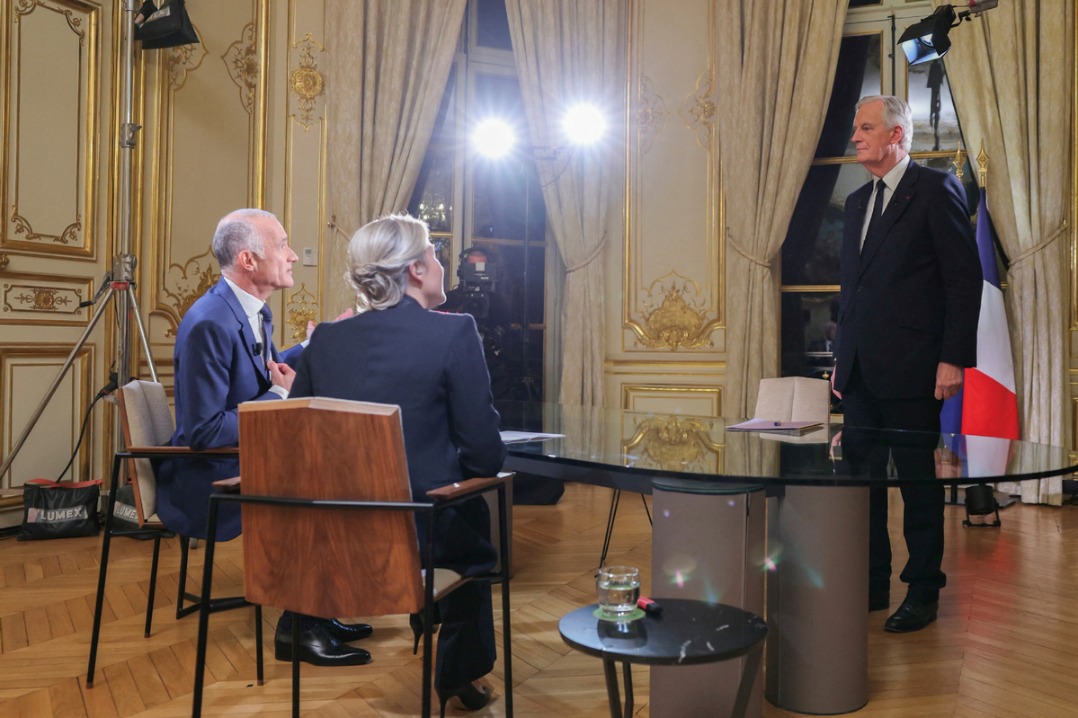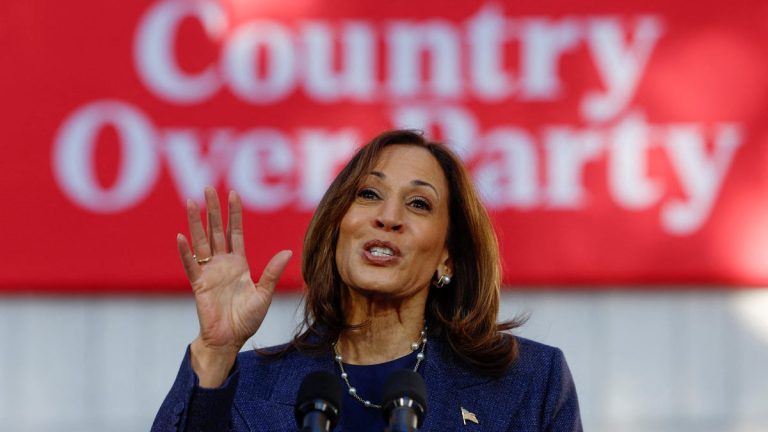The French government, led by Prime Minister Michel Barnier, could potentially be on the verge of collapse this week, as the opposition parties have initiated a no-confidence vote against his administration. The instigation was sparked by a disagreement over the controversial social security budget forced through parliament without a vote.
As confirmed by a senior leader of the National Rally (RN), the opposition party has decided to vote for the government’s collapse unless there is a “last-minute miracle”, to quote their words. Jordan Bardella, the president of the RN, declared this on Monday morning before the parliament meeting.
The Barnier government, a relatively new administration only three months old, has been under harsh criticism and intense scrutiny from opposition parties for bypassing democratic voting norms. His audacious decision to push forward a contentious social security budget without a parliamentary vote has been largely condemned, seen as brazen disregard for democratic principles and checks and balances.
The budget includes measures that critics argue do not adequately address the pain inflicted upon the French populace amid the ongoing pandemic. The opposition leaders argue that social assistance programs are being slashed drastically in this proposed budget.
The proposed budget, according to Bardella, “does not protect the most vulnerable among us.” He went on to say that its implementation “reveals a government that ignores the suffering of the people and bypasses the legitimacy of the parliament.”
The prospect of a French government collapse amid a global pandemic and ongoing socio-economic challenges puts France in a precarious position. If the no-confidence vote succeeds, the current political instability could further compound the challenges currently confronting the French nation.
Prime Minister Barnier faces a considerable challenge in rallying support to avoid the imminent collapse. His strategy thus far of maintaining a hard-line stance on the budget has incensed opposition parties and has not generated much support within his own party. With the pressure mounting, PM Barnier might be forced to revise the social security budget to save his government and avert a devastating political crisis.
In the event of a successful no-confidence vote, PM Barnier would be forced to resign and take the entire cabinet down with him. This is something that not many governments want to see, especially during these uncertain times where the nation needs the assurance of a stable government.
Nonetheless, the actual outcome remains precarious at present. The French political landscape is known to oscillate, making it feasible for the government to rally back from this vote. This hinges on various factors, such as the level of discontent within the people and the political manoeuvring within the parliament.
Indeed, French politics are at a critical juncture this week. The outcome of the no-confidence vote against PM Barnier’s government will determine the course that France will take amidst its ongoing crises. As the political landscape in France shifts, now more than ever, the world is watching closely.




